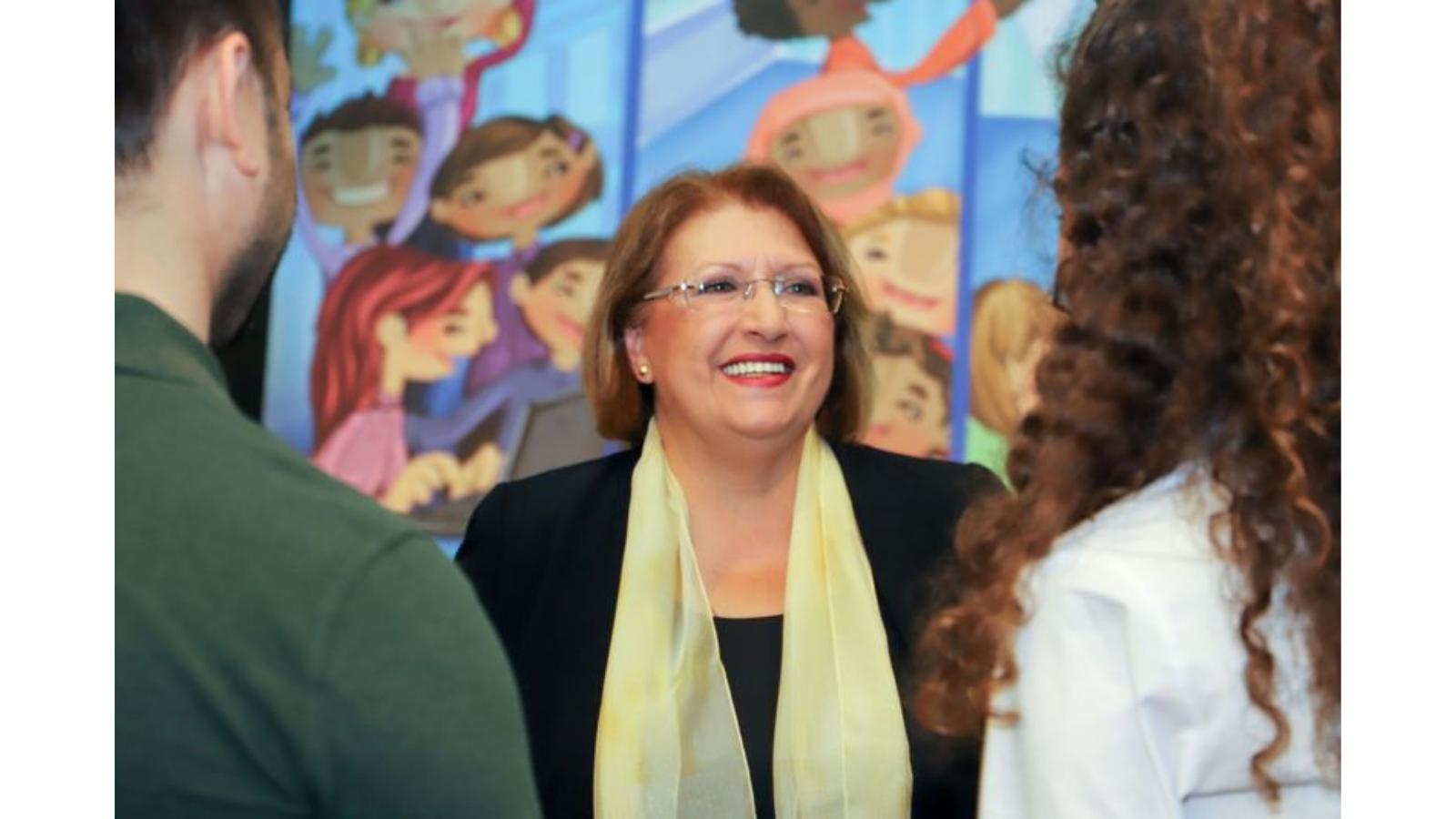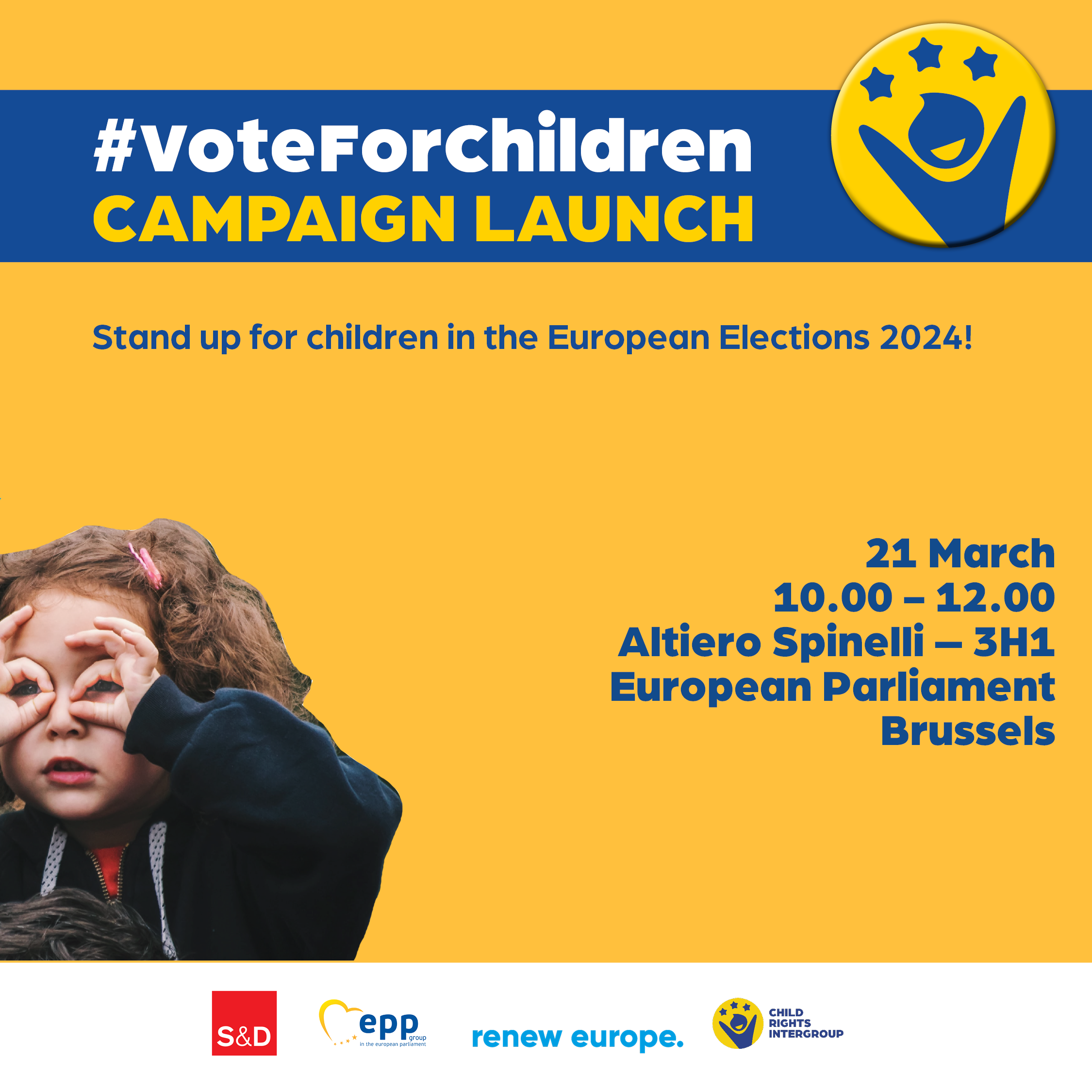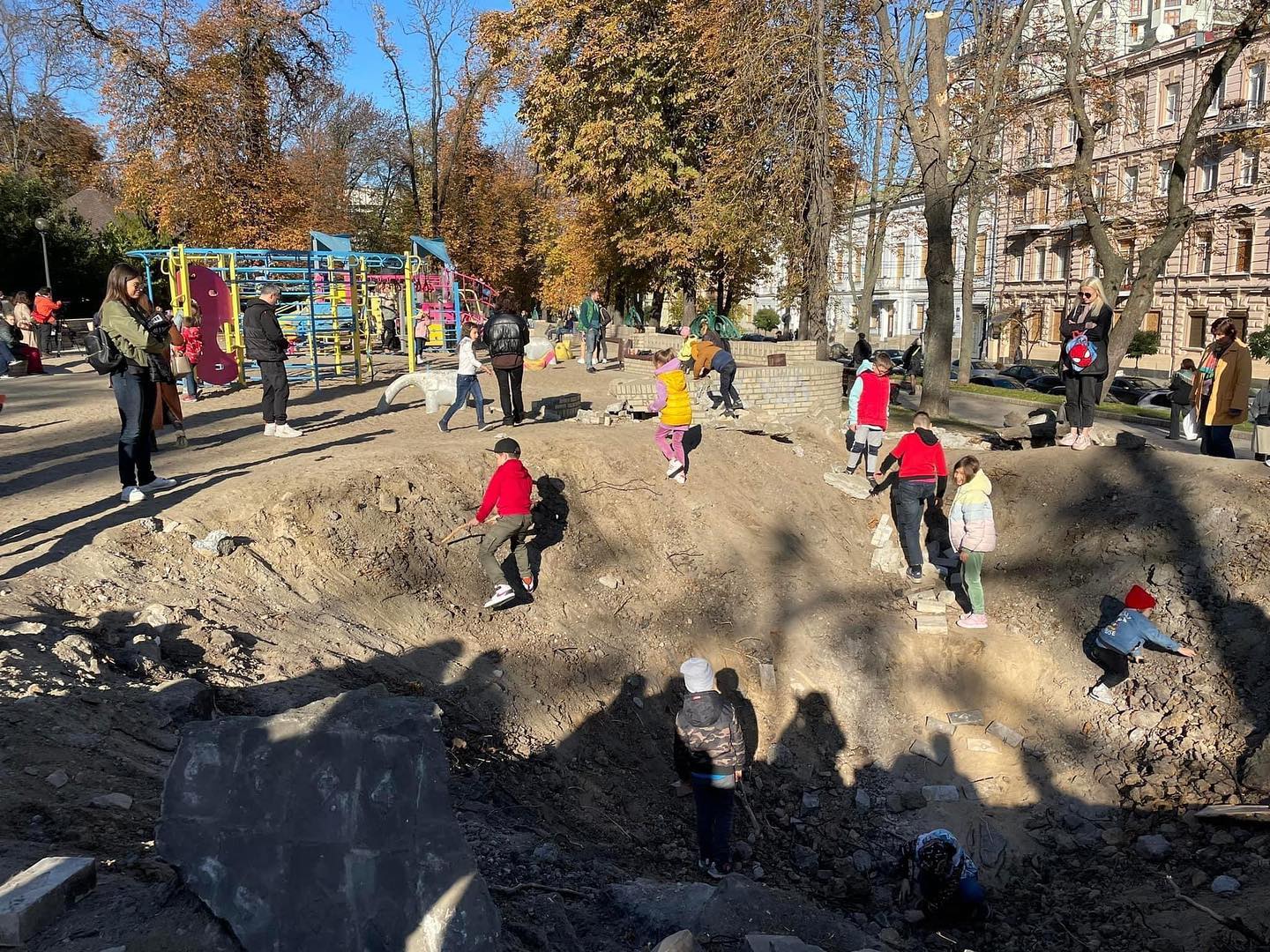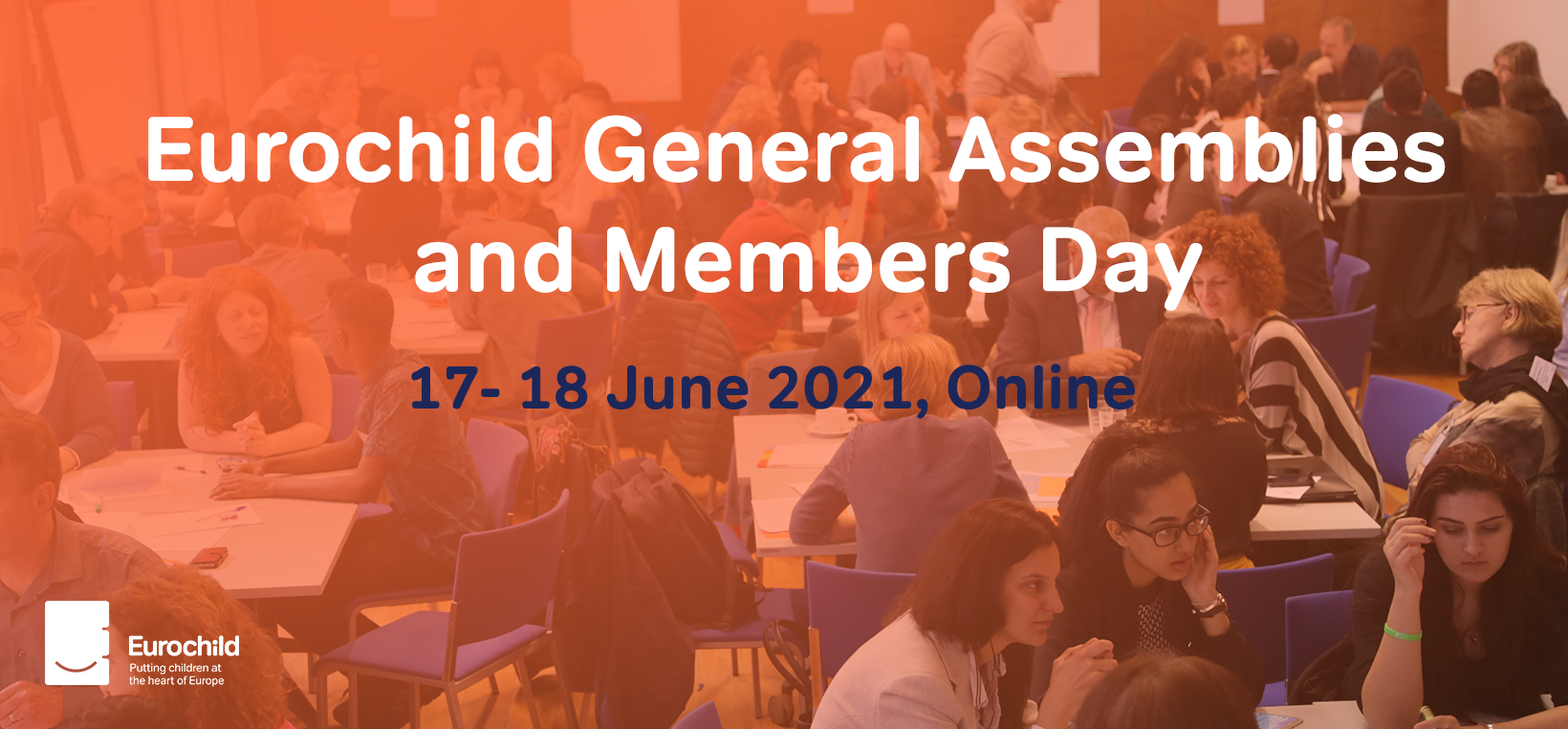Will the Next Generation EU live up to its name?
Opinion piece authored by H.E. Marie-Louise Coleiro Preca and featured on Euractiv.
We often refer to children of today as the next generation, and we pin many expectations on them. Yet, we forget that our actions or inactions affect children - today - in the present.
Before the pandemic, 1 in 4 children in Europe still lived in poverty. The Growing Up in Lockdown report by Eurochild revealed that COVID_19 further exacerbated existing problems of social inequality - creating an even wider educational divide, impacting children’s life chances, and their wellbeing.
Over 10.000 children from Europe and beyond have spoken up about the struggles they are facing in the consultation Our Europe, Our Future, Our Rights initiated by the European Commission and supported by Eurochild and four other organisations working with and for children.
We learned that 1 in 5 children are unhappy and anxious about the future. We found out that 1 in 10 children have issues with their mental health. Nearly a third live in families that have experienced difficulties in paying for school trips, books, afterschool activities and transport. More than half the children have never had the opportunities to provide their opinions to a local or national authority. Outrageously, 1 in 3 children experienced discrimination or exclusion.
How can Europe be inclusive if one third of its children feel left out?
This is supposed to be a good year for children in Europe. By the end of March, the EU will roll out the Child Guarantee and the EU strategy on the rights of the child, ensuring that all children in need have access to essential services of good quality and that children’s rights are promoted and upheld across the EU.
Over the years, Eurochild has advocated for a strong and strategic European Child Guarantee to deliver for the most vulnerable children. We have also relentlessly advocated for it to be sufficiently financed. The agreement on the ESF+ funds foreseeing a 5% earmarking for the Member States with a child poverty rate higher than the European average was a great achievement. But our work must continue.
How can the EU ‘guarantee’ that these instruments will meet the needs of vulnerable children?
Sadly, not all policy-makers are familiar with the upcoming EU initiatives, which may lead to investments having little or no impact on children. We must ensure that Member States use the various European funds for investing in children, and that children, families and civil society are meaningfully engaged in this process.
Monitoring and evaluation of the Child Guarantee at the European level will also be essential; the EU must put in place strategic and independent mechanisms to monitor its implementation. Without binding recommendations and monitoring mechanisms, we risk leaving children behind – yet again.
Why can’t we put children at the heart of the European recovery?
To help repair the immediate economic and social damage caused by the pandemic, the European Union is putting in place the largest stimulus package in its history - the Next Generation EU. By the end of April 2021, all Member States would have submitted their national recovery plans to be funded by the package and we have no assurance that they will prioritise children. Isn’t the wellbeing of children a key social damage that the Next Generation EU should repair?
In 2013 the EU Recommendation on Investing in Children made a case for ending child poverty. Seven years later, 1 out of 4 children remain in poverty, or worse as a result of the pandemic. While the Child Guarantee will help mitigate the pre-pandemic struggles of children, further support is needed so that children do not continue to be the invisible victims of the COVID_19 crisis.
The recovery stimulus is a unique historic opportunity to break the children’s cycle of deprivation. If we are aiming for a more just and resilient Europe, national recovery plans should prioritise children - with the European Pillar of Social Rights and the future EU strategy on the rights of the child as a moral compass.
We cannot let children down - again.
We cannot pin expectations on the next generation if we don’t deliver for the children now.
The Next Generation EU should live up to its name and puts children – the next generation - at the heart of the European recovery.
In the words of Nelson Mandela: “History will judge us by the difference we make in the everyday lives of children.”
Marie-Louise Coleiro Preca
President of Eurochild





